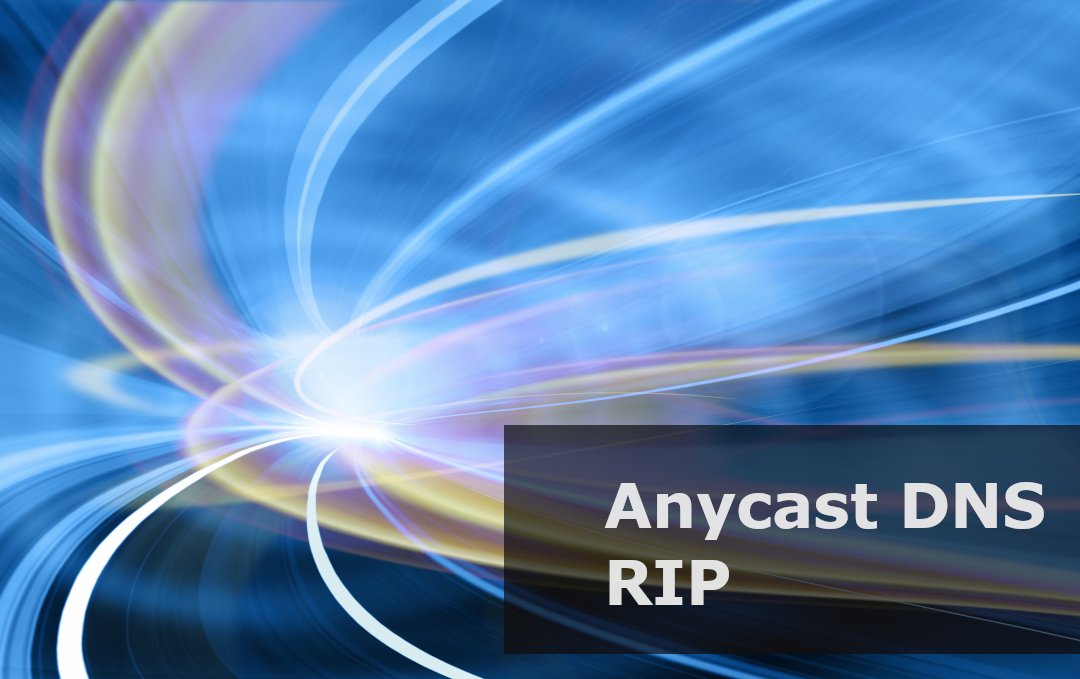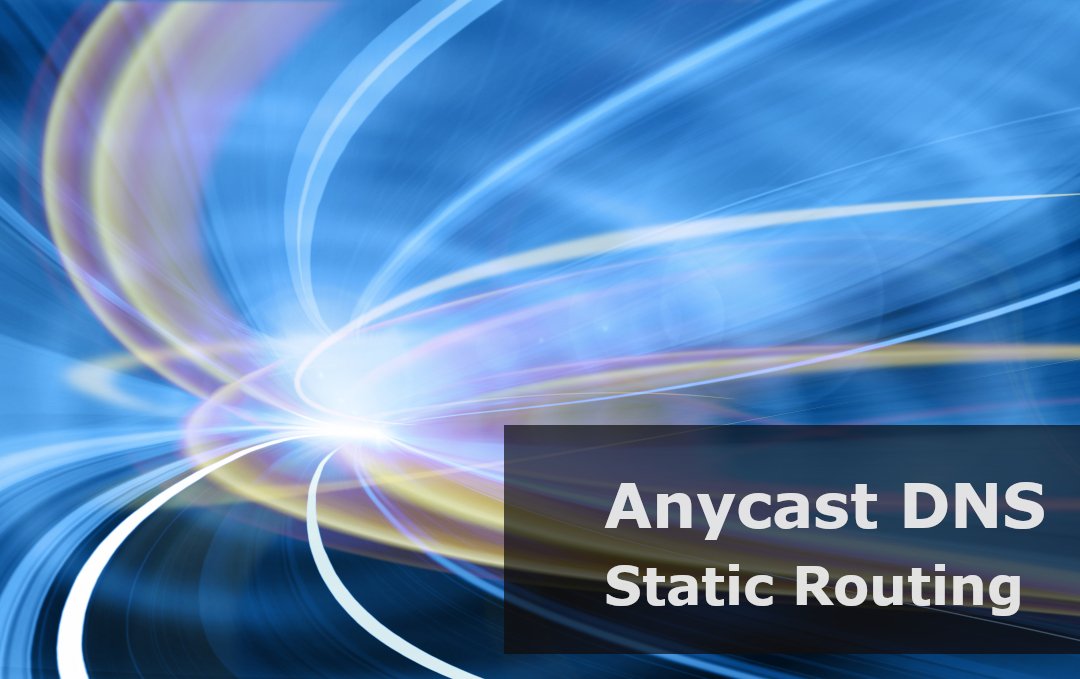
The third article in the Anycast DNS series continues our discussion of implementing Anycast DNS using RIPv2
This article is a continuation of Anycast DNS using RIP in our series on Anycast DNS. In this next recipe, two Anycast VIPs will be advertised on two (2) DNS servers that are multi-homed on different subnets by different routers using RIP v2. In this recipe, we'll review the commands that will be needed to add the additional interfaces to our Quagga configuration, as well as, briefly discuss how to handle multiple default gateways on multi-homed hosts. The figure below depicts...

This third article in our series on Anycast DNS, focuses on deploying Anycast DNS using RIP v2 routing protocol.
In this article we'll be using Quagga, Open Source host-based routing software, to originate our Anycast IP address. Our upstream routers are Cisco routers, so we'll also be providing all routing configurations that are needed for the recipes. The goal of the recipe is to be efficient, secure, and simple.
In this recipe we configure a single Anycast VIP on two name servers, using host-based routing software to originate the routes Anycast VIPs to their upstream routers via...

This second article in our series "Anycast DNS" is a recipe for deploying Anycast DNS using static routes.
In this article we'll show our recipe for configuring Anycast using static routes, and provide an explanation as to why this is the least optimal way of building an Anycast DNS environment.
Recipe - Single Anycast IP Address 192.168.0.1/32
The goal of this recipe is to configure Anycast DNS on two (2) Linux caching only DNS servers. While this solution can accommodate additional servers, we'll only deal with two servers in our scenario. Our fictitious company, ABC Corporation,...

This is the first article in series on the topic of deploying Anycast DNS.
The purpose of this series of articles is to share some ideas, recipes, and information on how to deploy Anycast in your environment. The first thing we need to do is explain what Anycast is. Anycast is the use of routing and addressing policies to affect the most efficient path between a single source and several geographically dispersed targets that "listen" to a service within a receiver group. In Anycast, the same IP address space is used to address each of the listening targets (DNS servers in our case)....
